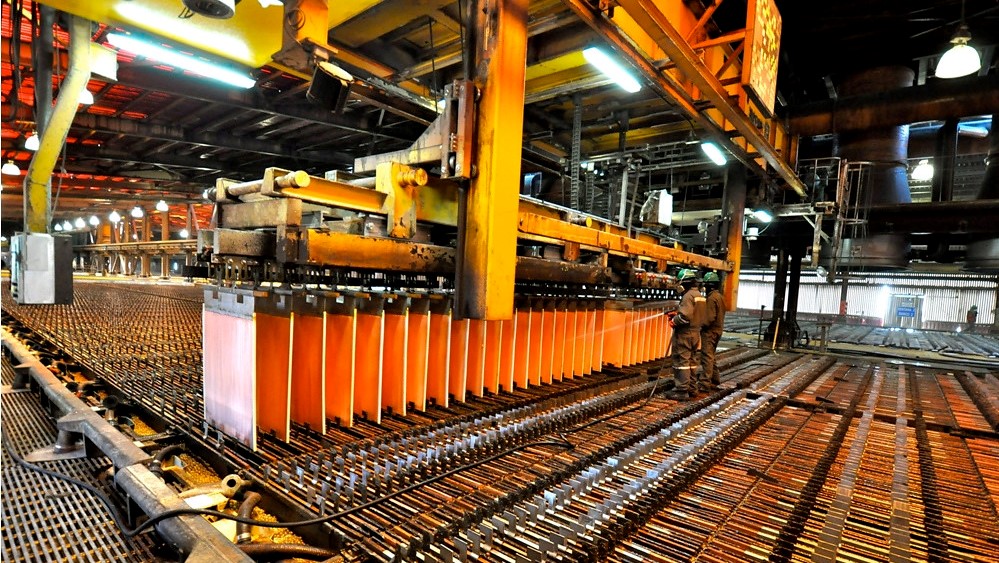Structural reforms needed to deliver long-term prosperity in Australia
By David Byers, Interim Chief Executive, Minerals Council of Australia
The 2018-19 Budget’s economic and fiscal outlook is once again heavily reliant on strong growth in resources exports and a significant contribution by the mining sector to rising government tax receipts.
With resources accounting for a record $207 billion in exports in 2017 – more than half Australia’s total export earnings – it is clear that the minerals industry is critically important to economic prosperity.
Treasury is forecasting growth in mining exports of 4 per cent in 2017-18 and 6.5 per cent in 2018-19.
Mining industry capital expenditure is expected to grow by 3.5 per cent in 2019-20 as mining companies maintain the capital stock built up during the mining investment boom.
By 2019-20 Australia’s mining exports will have roughly doubled since the start of the mining investment boom. This is boosting wages, jobs and tax revenues for all Australians.
The mining sector is also making a major contribution to the $5.2 billion increase in company tax receipts since the Mid-Year Economic and Fiscal Outlook estimates last December.
The Budget papers show that Australian business will contribute more than $100 billion a year in company tax payments by 2021-22.
This highlights the fundamentally important role played by mining and the wider the business sector in helping to fund the education, healthcare and social services that Australians rely upon.
Rising company tax collections, together with growth in individual income tax payments, underpin the improvement in the Budget balance over the forward estimates.
While this cyclical upswing has provided a welcome short-term boost – and enabled income tax relief – the government should pursue structural reforms to deliver long-term improvements to the Budget position and the economy’s growth potential.
The Budget’s investments in infrastructure – including in national science and research infrastructure – are important new measures that will contribute to economic growth.
The government should also use the Budget as the impetus for fresh economic reforms to drive the investment and growth needed to deliver jobs and prosperity into the future.
Only a genuine reform program, which boosts investment and workplace productivity, can deliver the strong and lasting growth required for serious budget repair.
These reforms should include a comprehensive deregulation and competition policy agenda, a more flexible and productive workplace relations system and streamlined major project assessment processes.
Parliament must also pass the Enterprise Tax Plan to improve the international competitiveness of Australia’s corporate tax rate and encourage business investment.
More News
{{ commodity.name }}
{{ post.title }}
{{ post.date }}




Comments